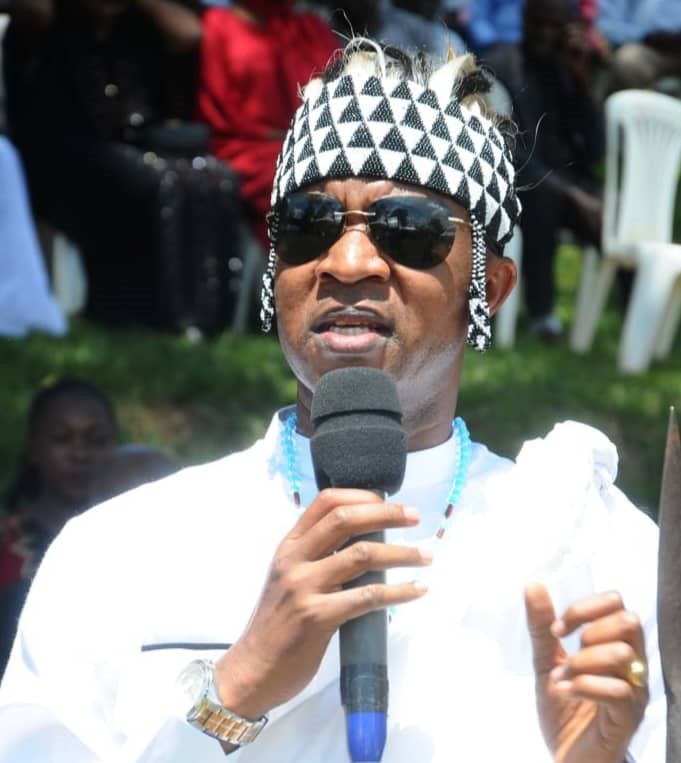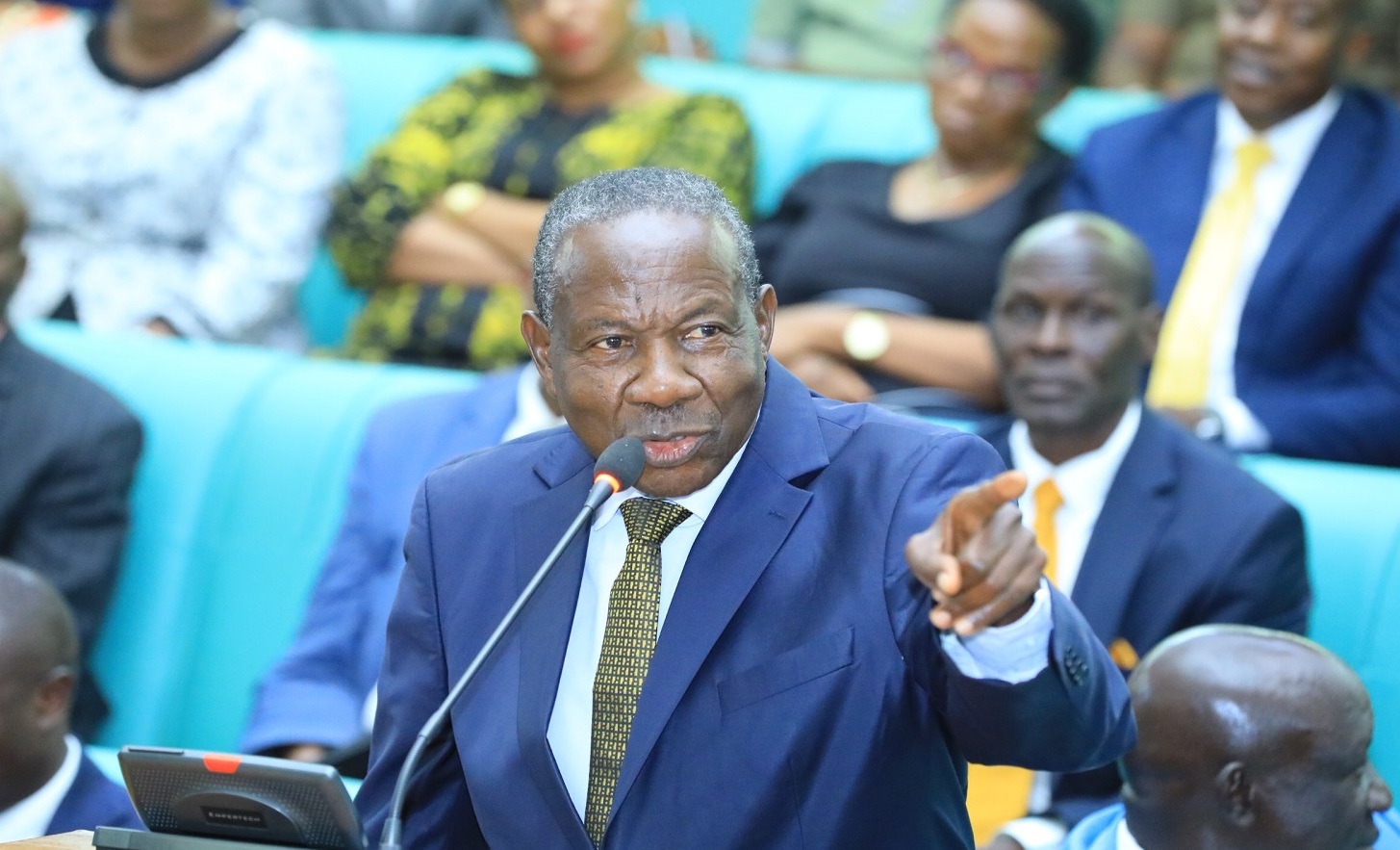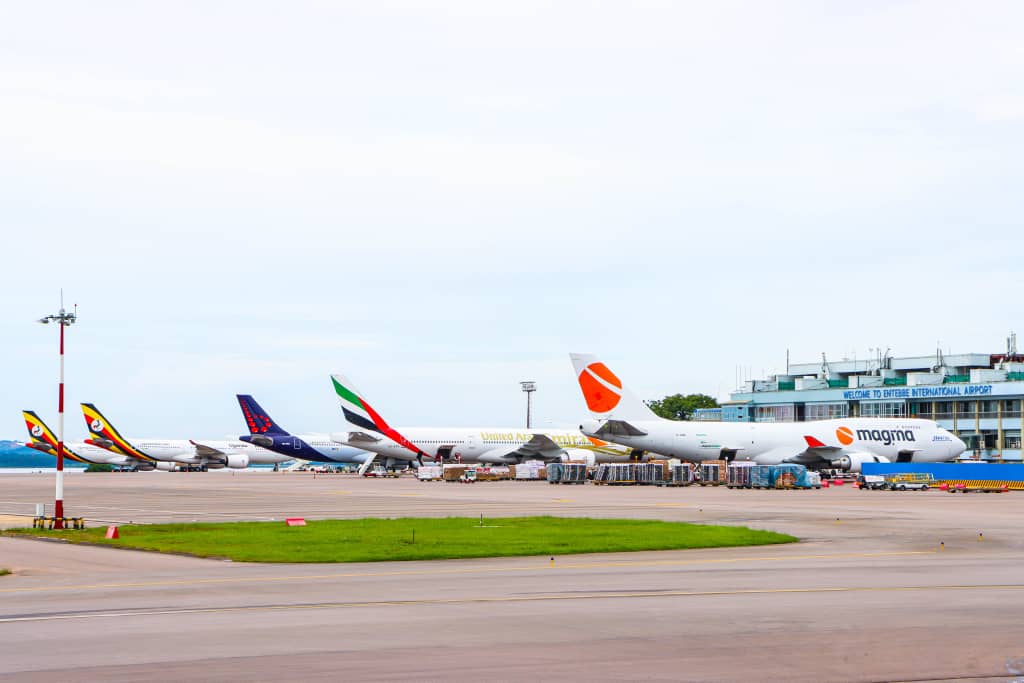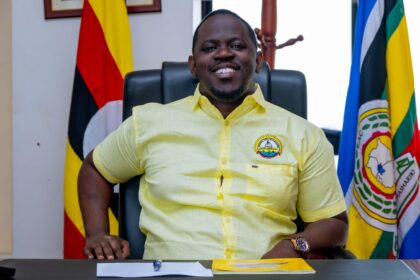“Justice Came”: Frank Gashumba Rallies Banyarwanda to Back Museveni in 2026 After Citizenship Breakthrough
KAMPALA – Prominent activist Frank Gashumba has declared his support for President Yoweri Museveni’s 2026–2031 re-election bid, citing what he called a historic act of justice for Uganda’s Banyarwanda community.
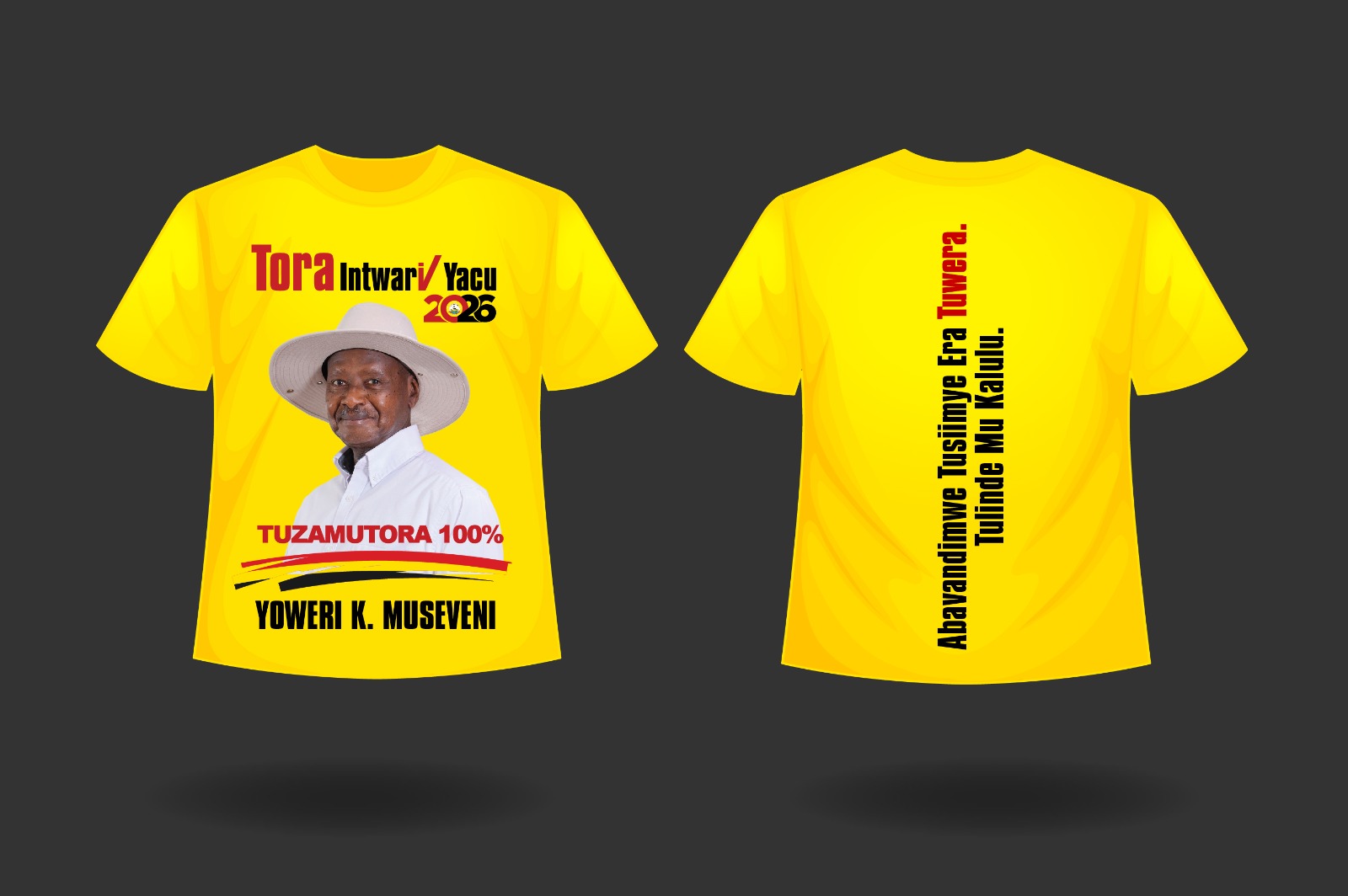
In a statement on X, Gashumba praised Museveni for signing Executive Order No. 1 of 2025, which ended decades of discrimination against Banyarwanda in accessing national IDs and passports. He described the move as “a declaration of humanity, justice, and statesmanship,” urging the community to vote overwhelmingly for Museveni in gratitude.
Gashumba, co-founder of the Council for Abavandimwe, said the reforms marked the end of years of marginalization that denied many Banyarwanda education scholarships, job opportunities abroad, and medical travel. “Justice came after years of knocking on doors,” he said, recounting a surprise visit by community members who brought him gifts in appreciation of his advocacy and Museveni’s intervention.
The Banyarwanda, listed among Uganda’s 65 indigenous tribes since the 1911 census, have long faced denial of citizenship documents due to colonial-era borders and post-independence suspicion of foreign ties. Museveni’s directive streamlined passport issuance, affirmed birthright citizenship, and prohibited immigration officials from subjecting Banyarwanda to extra-legal scrutiny.
The order followed sustained lobbying by the Council for Abavandimwe, which held key meetings with Museveni in October 2024 and June 2025. The group’s public endorsement is being framed as a reciprocal gesture—trading political loyalty for restored rights.
Politically, the endorsement could carry weight. Analysts estimate Uganda’s Banyarwanda population at 1–2 million, concentrated in regions like Kisoro, Masaka, and Kampala. Their bloc vote could boost Museveni’s re-election prospects in swing areas, even as opposition groups accuse him of leveraging patronage to consolidate power.
Socially, the reforms may reduce tribal tensions, but critics argue they risk inflaming polarization by reinforcing perceptions of favoritism. Some opposition voices contend the move rewards one community at the expense of broader national unity.
Still, for Gashumba and many Banyarwanda, the moment is being celebrated as long-overdue recognition. “For once, our children can dream without borders,” he said.
With the 2026 elections fast approaching, Museveni’s move is already reshaping alliances—and rekindling debate over Uganda’s citizenship framework.
Do you have a story in your community or an opinion to share with us: Email us at Submit an Article



